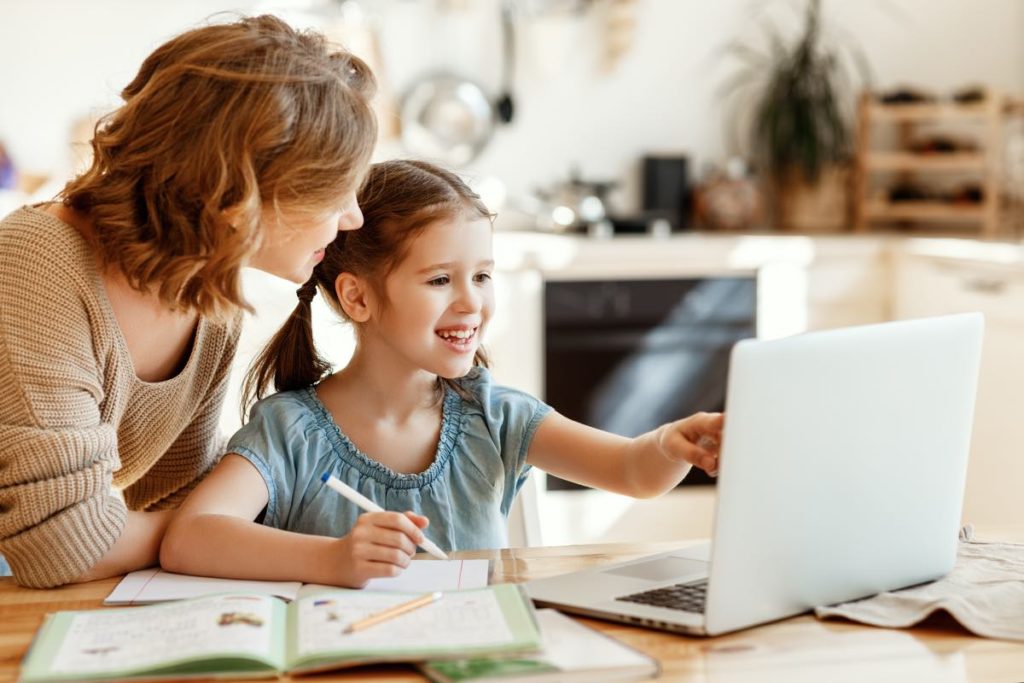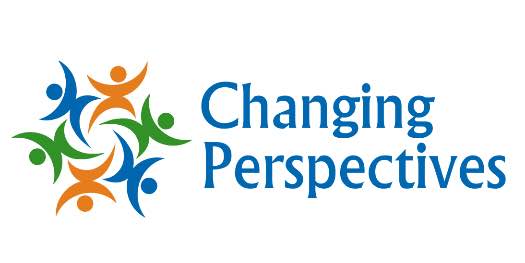
Social-emotional learning, or SEL, is an essential element of every child’s education. SEL is a framework for helping students develop critical skills for how they interact with others, manage their own emotions and behaviors, and develop into confident, productive, and empathetic individuals. Social-emotional skill building is often organized around five core standards: self-awareness, self-management, social awareness, relationship skills, and responsible decision making.
In schools, SEL skill development is embedded in the curriculum, but in this unusual time, like all learning, SEL has moved home. Here are some tips to help you support your child’s SEL at home.
Develop a Routine
Work with your child to map a daily routine for when they do an SEL activity. These could be activities that your child’s teacher provides or activities you find on a website or social media. Setting aside a specific time every day to work with your child on social-emotional skill building establishes an expectation that SEL is an important part of everyday life.
Engage Together
Join your child when they are working on SEL activities. By engaging in the activities together, you build enthusiasm and demonstrate that SEL is important to you as a person.
Express Vulnerability
A key component of SEL is self-reflection, time to think about who we are, how we feel, and how we react to a given situation. To support your child in developing SEL skills and coping with the current situation, it is important that you model how to express vulnerability. In doing this, you demonstrate to your child that their feelings are valid and important, including feelings of uncertainty about what the future holds. When adults are vulnerable, we are showing that not only is expressing our emotions okay, but it is necessary to recognize our emotions in order to address them.
Look for Teachable Moments
Throughout your daily routine, consider opportunities for integrating SEL skills into what is happening in your home. The more we show how relevant SEL is, the more kids will value, appreciate, and use these tools to manage themselves and the situations they are in. Teachable moments include disagreements with siblings, anxiousness about COVID-19, challenges with distance learning, disappointment about missing friends, frustration about social distancing rules, sadness about canceled special events, and the inability to do what they typically do.

